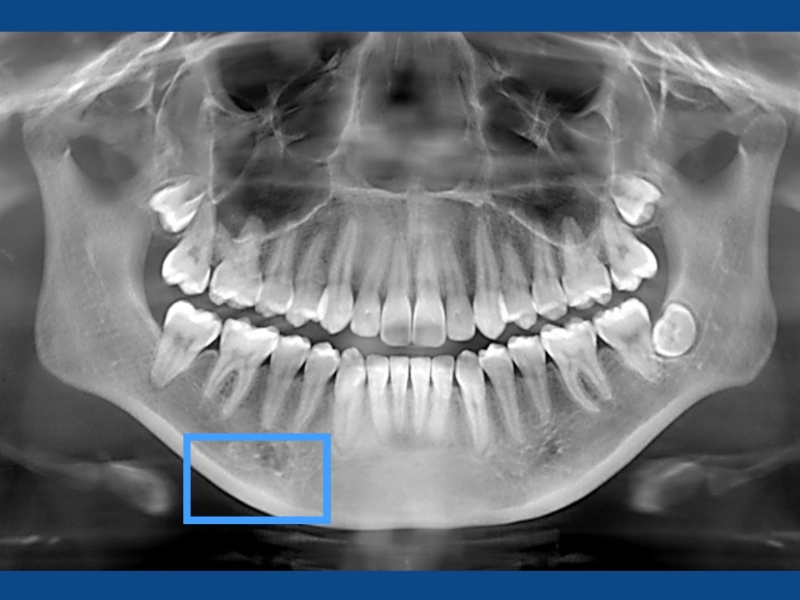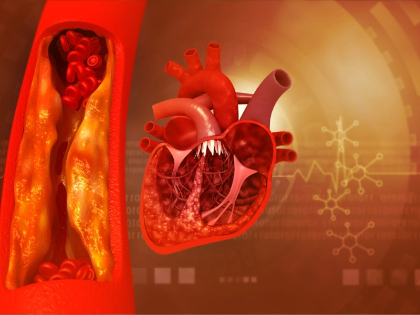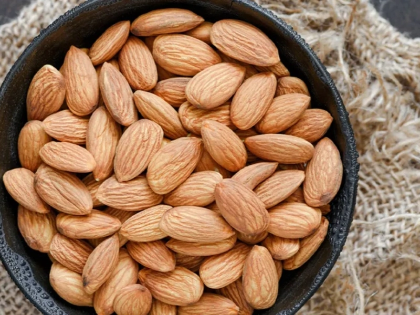The Importance of Vitamin K in Maintaining Bone Density
1. Clarifying Bone Density Bone density, then, is the mineral matter concentration per square centimetre of bone. It is absolutely important for deciding the strength and condition of bones. Usually indicating stronger bones, higher bone density also reduces susceptibility to osteoporosis and fractures. Maintaining bone density becomes more crucial as one ages in order to avoid bone-related disorders. Bone health is much enhanced by nutrition, hence vitamin K is a necessary nutrient in this respect.
2. Vitamin K: Its Function Essential for several body processes, including blood clotting and bone metabolism especially, vitamin K is a fat-soluble vitamin. Found largely in green leafy vegetables, K1 (phylloquinone) and K2 (menaquinone) are the two primary forms of vitamin K; animal products and fermented meals include K2. While both types support general health, K2 has been demonstrated to be more important for bone density and condition.

 5. Dietary Vitamin K Source Including abundant dietary sources in your meals is crucial to preserve suitable levels of vitamin K. Excellent providers of vitamin K1 are green leafy foods including broccoli, kale, and spinach. Rich in vitamin K2 are fermented foods including natto, a classic Japanese dish created from fermenting soybeans. Additional sources include some meats, egg yolks, and dairy goods. Including a range of these items in your diet will help to guarantee enough vitamin K intake for best bone condition.
6. Vitamin K Deficiency's Effects Many health problems, especially with regard to bone density, might result from a vitamin K shortfall. Reduced osteocalcin generation from low amounts of vitamin K can cause calcium binding in bones to be disrupted. This raises the likelihood of fractures and fuels disorders such osteoporosis. Maintaining strong, healthy bones all lifetime and avoiding these negative effects depend on enough vitamin K intake.
5. Dietary Vitamin K Source Including abundant dietary sources in your meals is crucial to preserve suitable levels of vitamin K. Excellent providers of vitamin K1 are green leafy foods including broccoli, kale, and spinach. Rich in vitamin K2 are fermented foods including natto, a classic Japanese dish created from fermenting soybeans. Additional sources include some meats, egg yolks, and dairy goods. Including a range of these items in your diet will help to guarantee enough vitamin K intake for best bone condition.
6. Vitamin K Deficiency's Effects Many health problems, especially with regard to bone density, might result from a vitamin K shortfall. Reduced osteocalcin generation from low amounts of vitamin K can cause calcium binding in bones to be disrupted. This raises the likelihood of fractures and fuels disorders such osteoporosis. Maintaining strong, healthy bones all lifetime and avoiding these negative effects depend on enough vitamin K intake.
 7. Vitamin K and Age- Related Bone Loss People gradually lose bone density as they get older, hence it is imperative to pay attention to foods that support bone health. Higher vitamin K intake has been linked in studies to lower risk of fractures and more bone density. For postmenopausal women, who have increased osteoporosis risk from hormonal changes, this is especially crucial. Reducing age-related bone loss can be mostly dependent on enough vitamin K consumption.
8. The Synergistic Impact on Other Nutrients To support bone health, vitamin K cooperatively with other minerals including calcium and vitamin D. Whereas vitamin K guarantees that calcium is efficiently used in the bones, vitamin D improves calcium absorption in the intestines. Maintaining ideal bone density depends on a balanced diet with all these components. This symbiotic interaction emphasises how crucial a comprehensive diet is in maintaining bone strength.
7. Vitamin K and Age- Related Bone Loss People gradually lose bone density as they get older, hence it is imperative to pay attention to foods that support bone health. Higher vitamin K intake has been linked in studies to lower risk of fractures and more bone density. For postmenopausal women, who have increased osteoporosis risk from hormonal changes, this is especially crucial. Reducing age-related bone loss can be mostly dependent on enough vitamin K consumption.
8. The Synergistic Impact on Other Nutrients To support bone health, vitamin K cooperatively with other minerals including calcium and vitamin D. Whereas vitamin K guarantees that calcium is efficiently used in the bones, vitamin D improves calcium absorption in the intestines. Maintaining ideal bone density depends on a balanced diet with all these components. This symbiotic interaction emphasises how crucial a comprehensive diet is in maintaining bone strength.
 9. Enhancement Issues Although eating foods high in vitamin K is best, some people—especially those with malabsorption problems or other dietary restrictions—may need supplements. Before beginning any supplements, though, it is advisable to see a healthcare provider since too high vitamin K might conflict with several drugs, especially blood thinners. A healthcare professional can guarantee safe supplementation and assist to decide the suitable dosage.
10. Synopsis of the Function of Vitamin K Regarding Bone Density Maintaining general bone health and density requires vitamin K, an essential mineral. Its significance is highlighted by its function in synthesising proteins controlling bone metabolism and by helping to control calcium use. You may properly support your bone health by including foods high in vitamin K into your diet and making sure you consume related nutrients in balance. Given the growing importance of vitamin K in avoiding bone-related disorders, giving this vital vitamin top priority becomes more and more important for preserving robust, healthy bones all through life.
9. Enhancement Issues Although eating foods high in vitamin K is best, some people—especially those with malabsorption problems or other dietary restrictions—may need supplements. Before beginning any supplements, though, it is advisable to see a healthcare provider since too high vitamin K might conflict with several drugs, especially blood thinners. A healthcare professional can guarantee safe supplementation and assist to decide the suitable dosage.
10. Synopsis of the Function of Vitamin K Regarding Bone Density Maintaining general bone health and density requires vitamin K, an essential mineral. Its significance is highlighted by its function in synthesising proteins controlling bone metabolism and by helping to control calcium use. You may properly support your bone health by including foods high in vitamin K into your diet and making sure you consume related nutrients in balance. Given the growing importance of vitamin K in avoiding bone-related disorders, giving this vital vitamin top priority becomes more and more important for preserving robust, healthy bones all through life.








